In large urban areas in the province, especially Bien Hoa City and Trang Bom District, many illegal animal slaughterhouses have existed for decades. Many illegal slaughterhouses slaughter more pigs and cattle than licensed facilities.
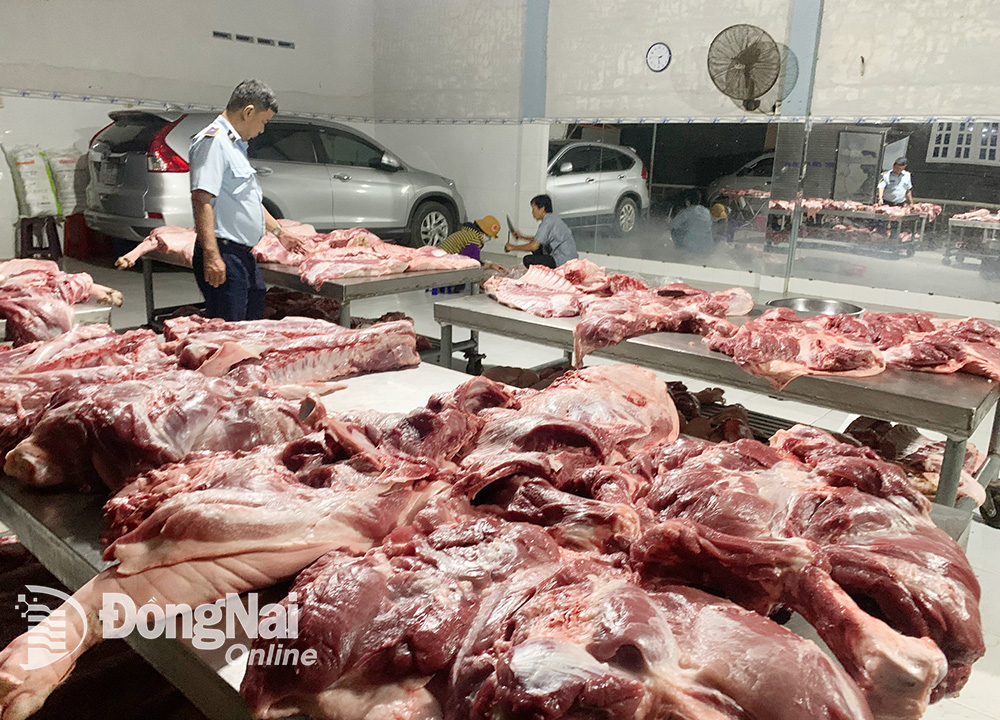 |
| The interdisciplinary inspection team of Thong Nhat District inspected and discovered an illegal slaughterhouse in the district. Photo: B.Nguyen |
Authorities are regularly deployed, but illegal animal slaughterhouses still operate openly because sanctions are lacking and weak.
* Illegal animal slaughter is still rampant
According to the Department of Animal Husbandry and Veterinary Medicine of Dong Nai , in 2021, there were still many illegal animal slaughterhouses in the province, such as: Bien Hoa City had 62 establishments, Trang Bom District had 37 establishments, Nhon Trach District had 13 establishments, Dinh Quan District had 13 establishments, Tan Phu District had 13 establishments... Illegal slaughterhouses will reduce or temporarily suspend operations when the authorities increase inspections, and when the situation calms down, they will resume operations as usual. In 2022 and the first 3 months of 2023, the province has inspected and handled hundreds of violations in the slaughter, preliminary processing, processing, transportation, trading of animals, animal products and veterinary hygiene.
According to the Head of the Dong Nai Animal Husbandry and Veterinary Department NGUYEN TRUONG GIANG, currently 70-80% of human diseases are transmitted by animals, so planning slaughterhouses away from residential areas, especially resolutely handling unlicensed slaughterhouses in residential areas, is for the health of thousands and millions of consumers. |
In addition, small-scale poultry slaughterhouses are still common in temporary markets. The situation of trading livestock and poultry meat without slaughter control marks, veterinary hygiene stamps, and quarantine certificates is still complicated, especially in Tam Hoa market and Sat market (Bien Hoa city).
Head of the Dong Nai Animal Husbandry and Veterinary Department Nguyen Truong Giang said that illegal animal slaughterhouses still exist widely in the province, especially concentrated in large urban areas. Many illegal slaughterhouses with large slaughter scales have been openly existing for many years, such as: the buffalo and cow slaughterhouse in Trang Bom district that slaughters about 20 buffalo and cows/night; many illegal slaughterhouses with dozens of pigs/night in Long Thanh, Vinh Cuu, Nhon Trach districts... The current situation is that concentrated animal slaughterhouses are competing with illegal slaughterhouses, so their operations are ineffective. Most of the concentrated slaughterhouses operate at only 40-50% of their designed capacity. Some concentrated animal slaughterhouses in the province were invested with large amounts of capital but had to stop operating. One of the main reasons why these facilities are inefficient is because they cannot compete with unlicensed animal slaughterhouses.
According to the People's Committee of Bien Hoa City, in 2022, the city established many inspection teams to handle illegal animal slaughtering, and administratively fined illegal animal slaughtering facilities nearly 1 billion VND. Thanks to that, there are now only more than 40 illegal slaughtering facilities in the city, much lower than before. However, illegal slaughtering activities in the city are still complicated, mainly concentrated in Trang Dai and Long Binh wards. Bien Hoa City proposed 3 solutions to control animal slaughtering: strengthening inspection of slaughterhouses, handling pigs transported on the road, and inspecting trading points to handle illegal slaughtering.
* Sanctions are not enough to deter
The reason why illegal animal slaughterhouses have existed for decades is because the sanctions are not strong enough to deter them. Trang Bom district is a locality with many concentrated animal slaughterhouses, distributed in most communes in the district. However, illegal slaughterhouses are quite active in this locality, most concentrated in Binh Minh commune. According to some concentrated slaughterhouses in Trang Bom district, although the unlicensed facilities have pledged not to organize illegal slaughterhouses anymore, they still do it. When the authorities strictly inspect, they only bring a part of the pigs to the concentrated slaughterhouses for slaughter, the rest are still slaughtered at home.
According to an official of Bien Hoa City, the city has also urged unlicensed livestock and poultry slaughterhouses to move to centralized slaughterhouses, but they have not complied. The biggest difficulty is that violations are only subject to low administrative penalties, and the meat from unlicensed slaughterhouses is confiscated, heat-treated, and then returned to the violating facility. Authorities who inspect and punish unlicensed slaughterhouses are insulted and opposed. Collecting fines from the above violating facilities also faces many difficulties.
Ngo Thanh Tung, Head of the Department of Agriculture and Rural Development of Thong Nhat District, compared that the highest administrative penalty for the act of slaughtering livestock and poultry without a license is only 6-8 million VND. There were cases where the inspection team recorded 7 violations with full records but could not prosecute criminally. The unlicensed slaughterhouses were extremely reckless and ready to oppose the inspection team, so the work of inspecting and handling unlicensed slaughter was extremely difficult.
Sharing the same view, Deputy Director of the Provincial Market Management Department Vo Khac Nhu affirmed that the arrest and handling of illegal slaughter of livestock and poultry is very difficult. Not only when checking at illegal slaughterhouses, but the team transporting illegal pigs is also very reckless, ready to drive past the inspection team at the checkpoint. Here, the local government plays a very important role in accurately counting the number of establishments as well as in handling illegal slaughter.
Binh Nguyen
Vice Chairman of Provincial People's Committee VO VAN PHI:
Coordinate to thoroughly handle illegal animal slaughter
 |
Planning for centralized animal slaughter and handling of illegal animal slaughter are very important in controlling and managing diseases, food safety and hygiene... The Government also sees that there are many shortcomings in the management of animal slaughter, so it issued Directive No. 02/CT-TTg dated January 14, 2023 on strengthening the management and control of animal slaughter to ensure disease safety and food safety as a basis for localities to focus on managing animal slaughter. Departments, branches and localities in the province need to coordinate in comprehensive management and handling from the stage of controlling animal slaughter, transportation and consumption.
Communes and wards inspect the right people at the right time. Veterinary staff must fulfill their responsibilities in veterinary management and work. The Industry and Trade sector conducts inspections at markets, meat that has not been quarantined is not allowed to circulate in the market. The police force investigates and strictly handles violations of animal slaughter to ensure people's health and disease safety for livestock in the province.
Deputy Head of the Environmental Crime Prevention Police Department, Provincial Police NGUYEN TAN LONG:
Strictly handle illegal transportation and slaughter of animals
 |
Recently, the provincial police force and the environmental police have stepped up inspection and handling of illegal animal slaughter and transportation of animal products without quarantine; penalizing many cases of illegal and infected animal slaughter. The provincial police have prosecuted a case related to the slaughter of infected animals in Thong Nhat district.
At the same time, the provincial police have coordinated with departments, branches and localities to propagate the control of animal slaughter to prevent epidemics and ensure food safety and hygiene. However, to effectively control illegal animal slaughter, transportation and consumption of unquarantined animal products, there needs to be close coordination between the police force at all levels and functional branches. In particular, the role of Party committees and local authorities is very important.
Le Quyen (written)
.
Source link



![[Photo] More than 124,000 candidates in Hanoi complete procedures for the 2025 High School Graduation Exam](https://vphoto.vietnam.vn/thumb/1200x675/vietnam/resource/IMAGE/2025/6/25/fa62985b10464d6a943b58699098ae3f)

![[Photo] First training session in preparation for the parade to celebrate the 80th anniversary of National Day, September 2nd](https://vphoto.vietnam.vn/thumb/1200x675/vietnam/resource/IMAGE/2025/6/25/ebf0364280904c019e24ade59fb08b18)
![[Photo] General Secretary To Lam works with the Standing Committee of Quang Binh and Quang Tri Provincial Party Committees](https://vphoto.vietnam.vn/thumb/1200x675/vietnam/resource/IMAGE/2025/6/25/6acdc70e139d44beaef4133fefbe2c7f)

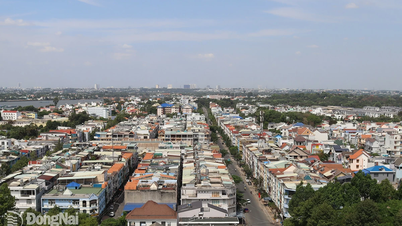
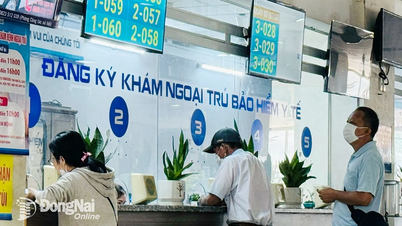

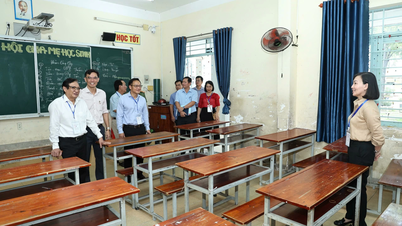
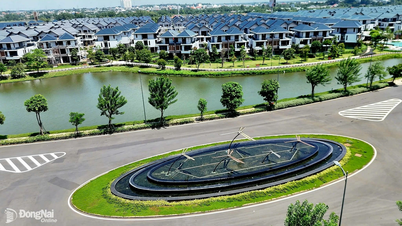
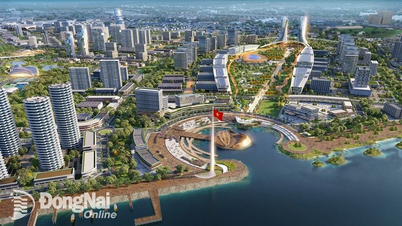




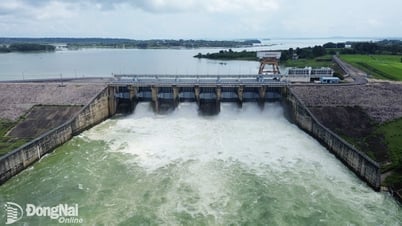
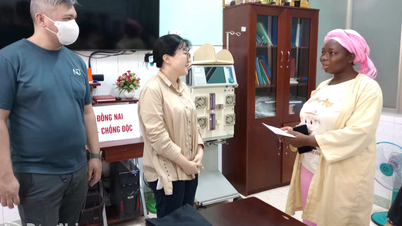
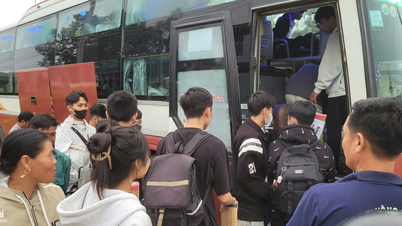
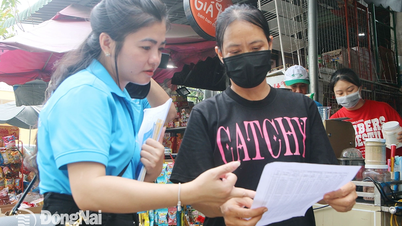

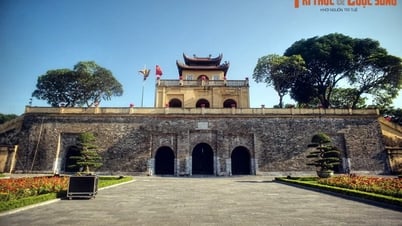

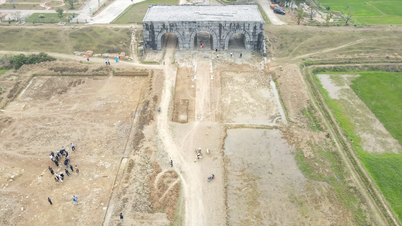



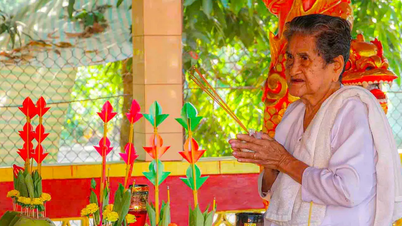

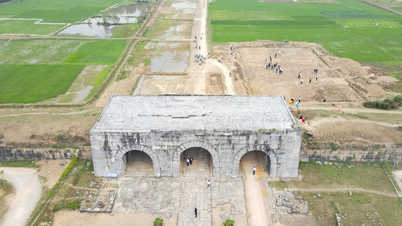






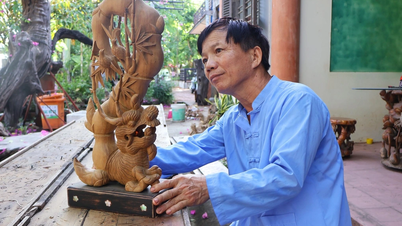

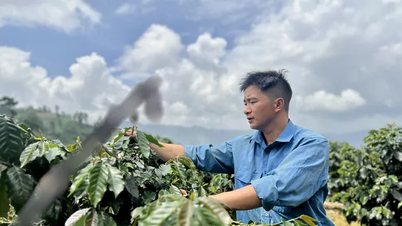

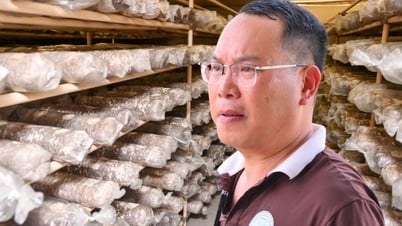







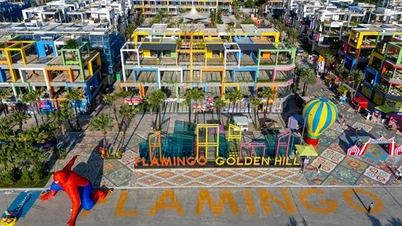






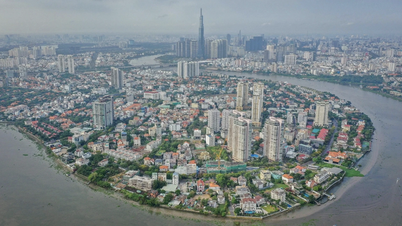






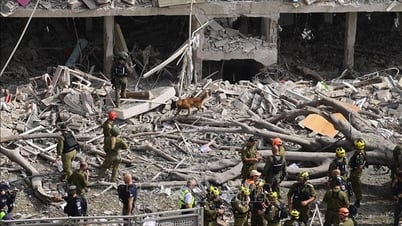



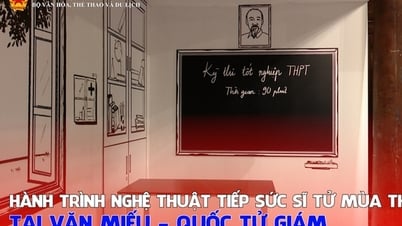


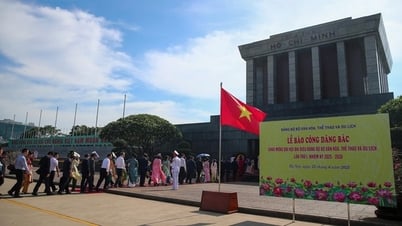
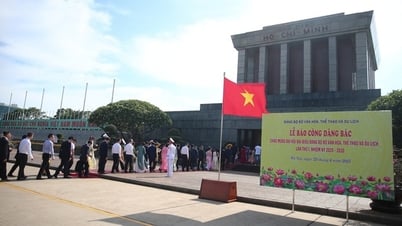



















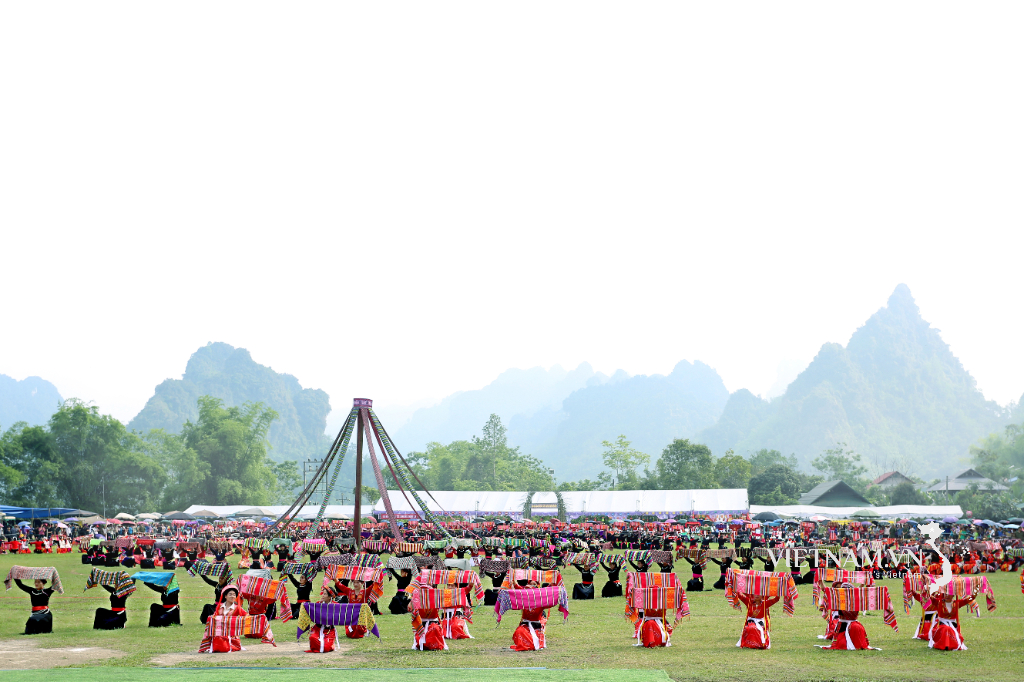
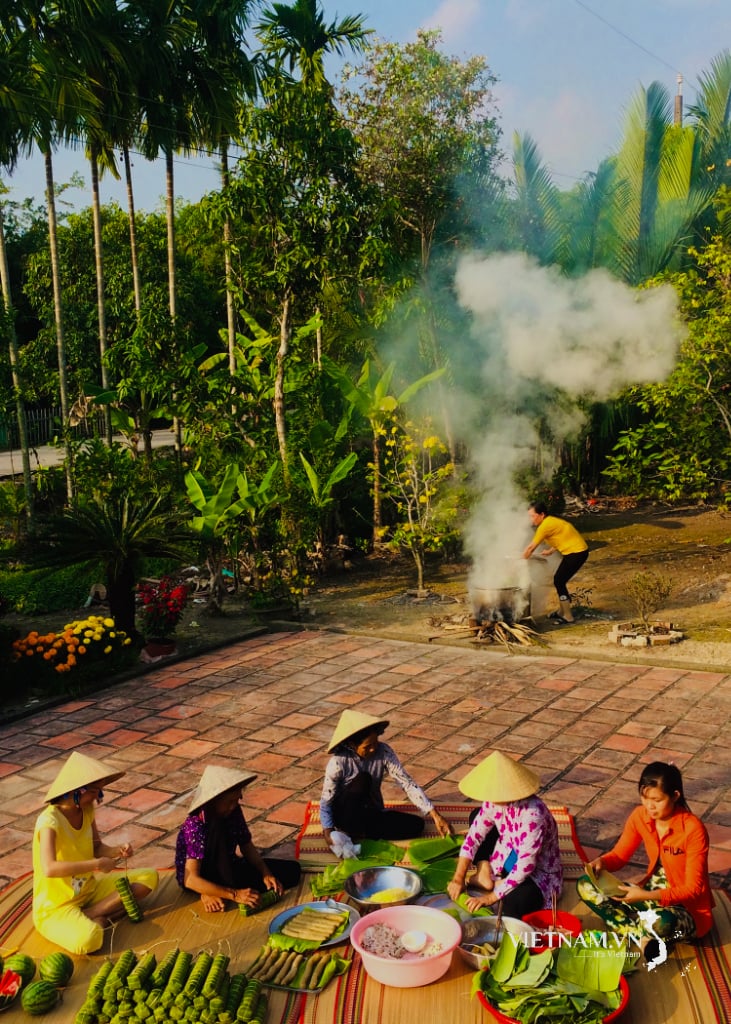
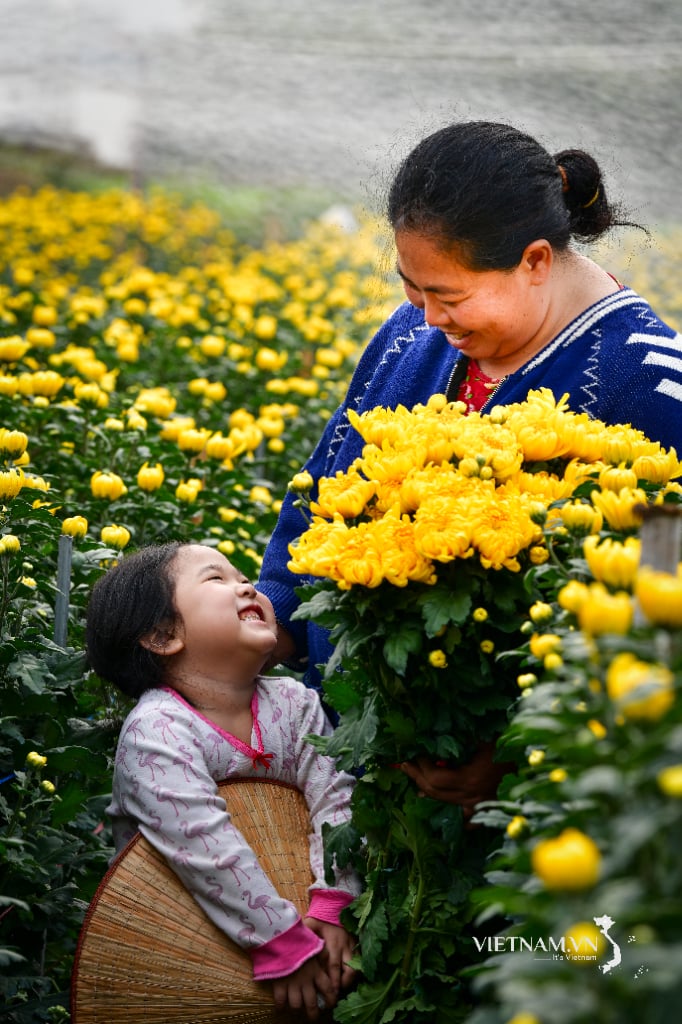

Comment (0)